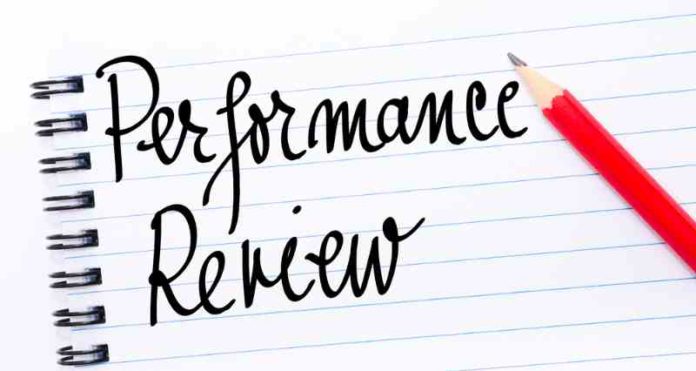How well your employees respond to the performance reviews also depends on how well you conduct them.
By Lucas H. Parker
Performance reviews might be the handiest tools in business today. Since the recognition of the importance of feedback, performance reviews have earned a new title of useful and effective. Of course, they can still be a bit scary for your employees. Constructive criticism may be useful but it isn’t always so pleasant to hear. How well your employees respond to the performance reviews also depends on how well you conduct them. If you prioritize them and use the right tactics, you’ll surely get the most out of your office.
1. Have a plan
Preparing for the performance reviews is essential for things to go well. You should have everything written down and organized. It may help to have a few key points for each performance review. This way, you won’t leave anything out and you’ll be able to devote the needed amount of time to each point.
Organizing your thoughts will also make you appear more professional and authoritative, thus earning you some respect from your employees.
2. Be open
Though this is the most obvious piece of advice, it’s also the hardest to put into action. Consciously or subconsciously, we tend to embellish the truth and beat around the bush. On the other hand, sometimes we can be too harsh on the person we’re talking to. It’s important to avoid both of these extremes during your performance reviews. The best thing you can do for your employee is to just be honest. The things you have to say may not be easy to hear, but they’re necessary to say.
Make sure to be friendly yet objective so that your employee doesn’t take things too personally. After all, you’re just evaluating their performance, not them as a person. No matter how dear they might be to you remember that their performance is separate from their personality. That should help you stay direct and open without fear of hurting their feelings.
3. Work on fixing it
It’s very easy to just sit there and unload a pile of information on the worker. If you only tell them what the problems were and leave them to figure out the solution for themselves, you’re just going to make them feel more lost. They have no idea what’s expected of them and how they could stand to improve. It’s your job to help them reach their optimal level of efficiency. You don’t have to have a game plan in mind right away, but you can start thinking about it once the interview is over.
Coming up with a solution after you’ve talked to the employee allows you to narrow it down to more helpful solutions. You’ll see exactly in what state of mind the person is, how they took the news, and how their brain works. According to that info, you’ll be able to offer them a solution and a way of improvement. This saves both time and resources and can be a great step forward in getting the most out of the workplace.
4. Use technology for help
If you haven’t conducted performance reviews before or if you don’t know if you’re doing a good job, you can always make use of technology. There are plenty of trusty software for performance reviews which can help give you a more accurate image of your employees. Writing performance reviews is the hardest part of the process, so you might as well turn to something which knows. This type of software is fairly straightforward and not hard to use, so you’ll get a hang of it pretty quickly.
Of course, you shouldn’t rely only on technology. Your personal impression of employees also matters as technology can’t perceive what the human mind can. It’s still very useful in covering the basics and giving you a direction in which to go. As well as that, it’s extremely useful and time-saving in offices with a lot of employees.
5. Outline the successes
Once the draft is finished, it’s time to outline the successes of each employee. Performance reviews may be a chance to tell your employees how they should improve and what they could be doing better, but it’s also a chance to give them a pat on the back. Outlining the positives will help you and them look on the bright side, too. Criticism should never be your only goal in performance goals, regardless of your intentions.
When you outline the successes, you’ll be sure that you’re not forgetting anything. During the interview, you can get to the good points fairly easily and thus maintain a positive tone throughout the whole conversation. If you’re only handing out reviews, the outlined success will be great for boosting morale. The employee may see what mistakes they made, but they’ll also have their success in mind. This is key to encouraging positive behaviour as well as motivation and confidence.
Conclusion
Once you put things into perspective and level with your employees about their performance, you’ll get the most out of your business. The whole point of performance reviews is to show your workers what their strengths and weaknesses are. As well as that, you’ll be showing them how to work with what they’ve got and how to improve. Instead of having the HR and management vs. employees attitude in the office, your whole team will realize you’re all on the same side. It’s all of you working together to grow your business and improve the quality of your services.
Lucas H. Parker is a business consultant with a passion for writing. Doing his research, exploring and writing are his favorite things to do. Besides that, he loves playing his guitar, hiking, and traveling. @LucasHParker1.
Performance review stock photo by Constantin Stanciu/Shutterstock







